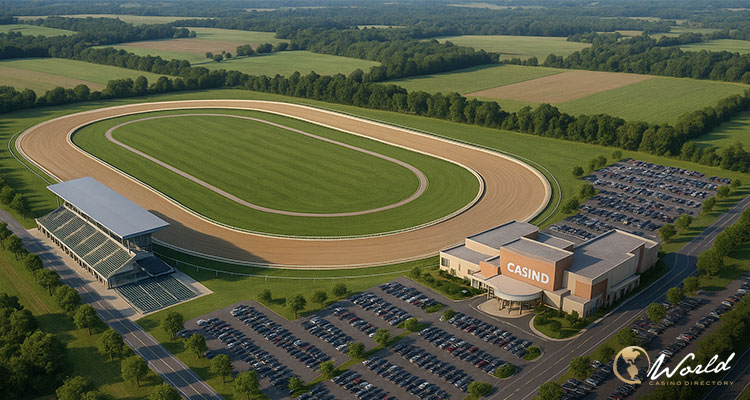A push to bring a harness racetrack and casino hybrid facility to Macon County has taken a significant step forward, with Illinois lawmakers advancing the measure while local leaders and residents weigh its potential impact. The planned project — often referred to as a “racino” — aims to blend horse racing entertainment with casino-style gaming in Decatur, marking a possible revival for the state’s struggling equine racing industry.
The proposed development, temporarily titled Decatur Downs, would be positioned near Route 36 and Wyckles Road, across from the Decatur Conference Center and Hotel. Senator Doris Turner has championed the effort, emphasizing its economic promise and industry revitalization goals. Turner called it “a crucial piece of legislation because it creates a unique opportunity for economic benefit in both counties located within the 48th district,” according to WCIA Champaign. She also noted the plan includes “a commitment for infrastructure upgrades at the Illinois State Fairgrounds that will expand year round training opportunities while strengthening the entire regional horse racing ecosystem.”
Unlike many large-scale developments, supporters say the racino will not require state or local financial contributions. Instead, backers describe it as a privately funded venture. Initial estimates place the total investment at approximately $220 million, with early expectations of generating around $27 million in annual revenue once the venue is operational. City Council member David Horn highlighted the scale of economic activity, calling it “a $150 million economic development project,” while further noting that “It could provide as many as 300 permanent jobs.”
Local officials and project advocates argue the facility would offer more than gaming and live racing. The blueprints outline a mile-long harness track, expansive grandstands, a 900-seat gaming area, sports and recreation amenities, shops, restaurants, and lodging options, all constructed using union labor. Residents and visitors attending events would likely spend money in hotels, restaurants, and nearby gas stations, adding to the anticipated economic boost. Horn also pointed out that people coming to enjoy horse racing and gaming “may stay in area hotels, eat in area restaurants, and buy area gas.”
Economic Promise Meets Community Caution
Despite the enthusiasm among supporters, the proposal has sparked community debate. Decatur Mayor Julie Moore-Wolfe voiced her excitement about the opportunity, stating, “The horse racing industry in Illinois is ready to ride again thanks to the Decatur Racino project.” She also called the effort “a game-changer for Decatur and Macon County as we revitalize horse racing in our state.”
However, some locals worry that adding another gaming venue in a city with more than 80 establishments operating about 500 slot machines could contribute to gambling-related issues. Horn acknowledged these concerns, noting, “You could already argue that the city of Decatur has a gambling problem,” and mentioning that feedback from constituents has been mixed. “Individuals have contacted me and said, ‘We already have too many gambling establishments,’” he shared, underscoring the balancing act between economic hope and social responsibility. At the same time, others view the racino as a potential cultural draw, with Horn remarking that “some individuals will say that Decatur can be the site of a horse racing renaissance.”
Next Legislative Steps
The bill secured strong support in the Illinois Senate, passing with a 49–8 vote. Yet, its momentum hit a temporary pause when the House adjourned without taking action. House leadership opted to end session early, meaning debate will not resume until January unless a special session is called. Once the measure clears the House, local officials in Decatur would then determine whether to approve the facility.
For now, the racino proposal continues to generate buzz — offering the prospect of jobs, tourism, and new entertainment options, while also prompting reflection on the community’s priorities and long-term vision. Ultimately, as Horn put it, the decision reflects what kind of future the city wants to “bet on.”



